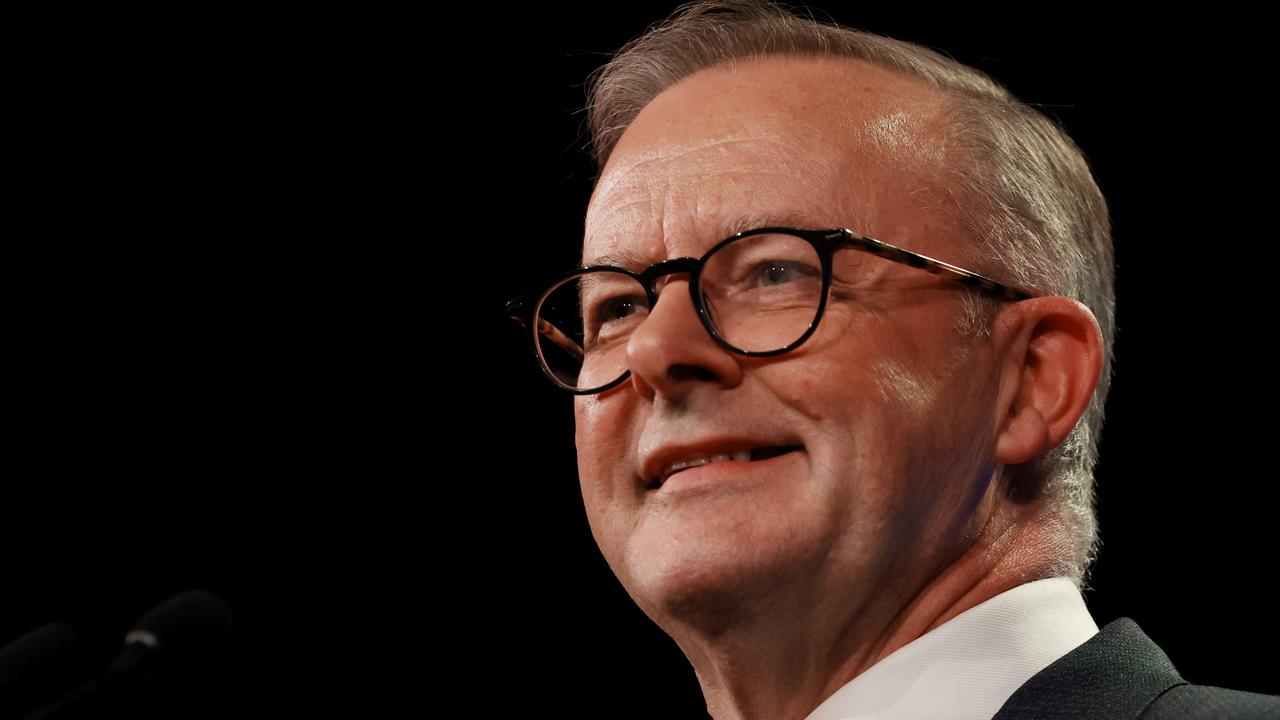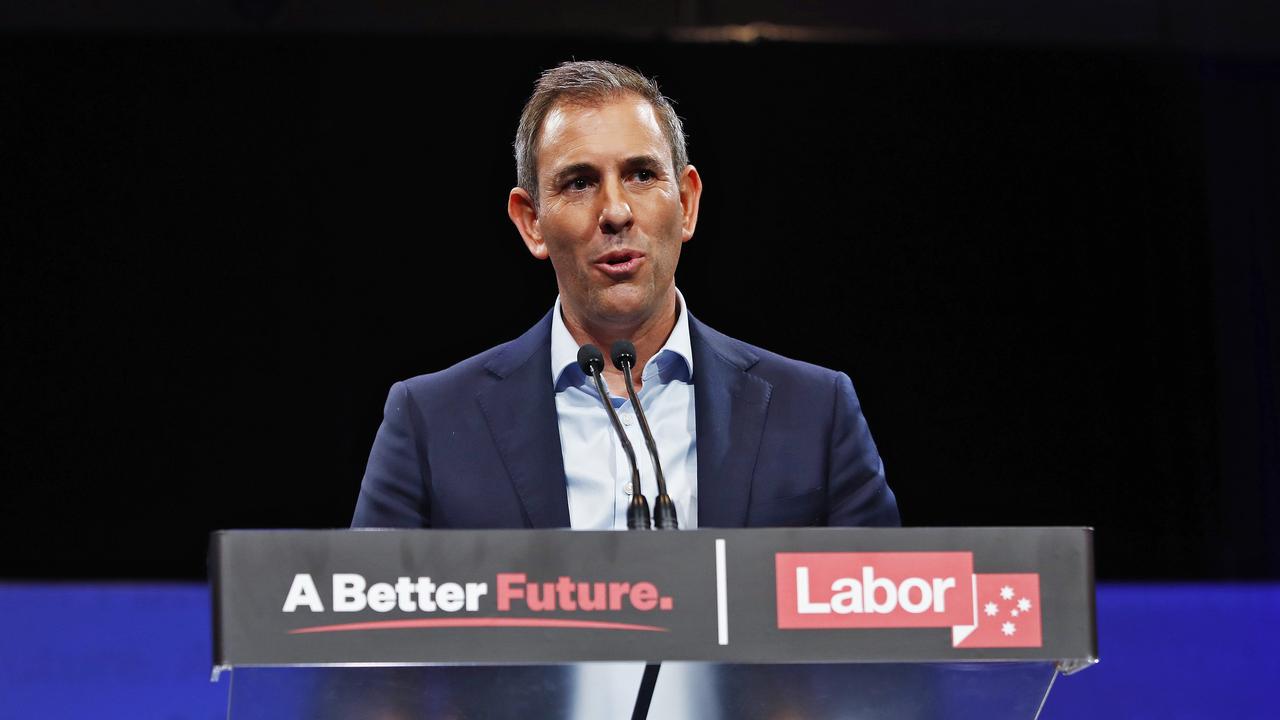What Labor’s landslide federal election win really means for your wallet
Anthony Albanese has been sworn in as our 31st Prime Minister – but what do the election results really mean for everyday Aussies?
It’s official – Australia now has a new PM after Scott Morrison’s massive defeat over the weekend.
But what does Labor leader Anthony Albanese’s historic win mean for Aussies already feeling the pinch as our cost of living crisis rages on?
According to H&R Block’s director of tax communications Mark Chapman, the change in government could impact household finances.
Here’s what it means for your bottom line.
Tax cuts
According to Mr Chapman, the so-called “stage three” tax cuts have already been legislated under the previous government, which means they’ve already got the green light to go ahead, unless the ALP makes an unexpected change.
To refresh your memory, the tax cuts will see the 32.5 per cent marginal tax rate cut to 30 per cent to make one big tax bracket between $45,000 and $200,000 from July 1, 2024, while the 37 per cent tax bracket will be completely scrapped.
Mr Chapman said high income earners would be the big winners.
“This will be particularly effective for higher income earners, with gains of $1125 per year for an individual on $90,000, rising to $9075 per year for a person on $200,000 or more,” he explained.
Stream more finance news live & on demand with Flash. 25+ news channels in 1 place. New to Flash? Try 1 month free. Offer ends 31 October, 2022 >

Tax rises
Meanwhile, the scrapping of the Low- and Middle-Income Tax Offset (LMITO) has also already been confirmed, after former treasurer Josh Frydenberg did not extend it in the last federal budget.
According to Mr Chapman, those who currently receive it “will notice what’s effectively a tax increase when they submit their 2023 tax returns”.
However, it’s important to note that the LMITO is still in place for 2022 returns.
“This could be a rise of up to $1500 for those entitled to the full LMITO,” Mr Chapman said, adding that there were “no announced proposals for the Labor Party to reverse Frydenberg’s decision”.
Taxes on property
There are no changes to “negative gearing” or any other taxes on investment property, while the general 50 per cent discount for Capital Gains Tax is also safe, Mr Chapman confirmed.
First home buyers
Labor previously announced the introduction of an equity contribution scheme to help first homeowners finally get a foot in the door.
Eligible home buyers will need a minimum deposit of 2 per cent, with an equity contribution from the Federal Government of up to a maximum of 40 per cent of the purchase price of a new home and up to a maximum of 30 per cent of the purchase price for an existing home.
You will be eligible if you are an Australian citizen aged over 18, earn $90,000 or less per annum for individuals, or $120,000 or less per annum for couples and live in the purchased home as your principal place of residence.

You must also not own any other land or property – either in Australia or overseas, must have saved the required minimum 2 per cent deposit of the home price and qualify (and can finance) the remainder of the purchase through a standard home loan with a participating lender, as well as being able to pay for any associated purchase costs like stamp duty, legal and bank fees.
Homebuyers will also be responsible for ongoing property costs like rates, strata and any other bills.
“During the loan period the homebuyer can buy an additional stake in the home when they are able to do so,” Mr Chapman explained.
“The minimum stake that a homebuyer can opt to purchase at any one time is 5 per cent.
“If the homebuyer’s income exceeds the Help to Buy annual income threshold for two consecutive years, they will be required to repay the Government’s financial contribution in part or whole as their circumstances permit.”
New treasurer speaks
Appearing on Today on Monday morning, incoming treasurer Jim Chalmers told hosts Karl Stefanovic and Ally Langdon Labor was ready to “get to work”, noting the ALP had inherited “a lot of challenges”, especially when it comes to the economy.
“We’ve got cost of living going through the roof. We have real wages going backwards. We’ll be inheriting a trillion dollars of debt with not enough to show for it,” he said.
“We want to hit the ground running. That’s what we’ve done,” he said, adding the government expected things to get worse before they got better.
“There are a number of interest rate rises that were locked in before the government changed hands. So that will make life harder for people,” he said.
“We’re also getting punished at the petrol pump of course at the moment with petrol prices going back up again.

“At the same time as our choices are constrained a bit by the fact that we’ve got this budget which does have a trillion dollars in debt in it, and nowhere near enough to show for it. There are a big set of challenges.”
Mr Chalmers then confirmed Labor “absolutely” supports a minimum-wage increase that keeps up with the cost of living.
“We absolutely support an outcome at the Fair Work Commission which recognises that inflation is going through the roof and people need to catch up with that,” he said.
“We want to get real wage moving again by making the economy more productive and growing it the right way,” he said.
“We are actually at the moment about to see a really big spike in power prices that was already in train before the election.
“What our policy will do by getting cleaner and cheaper energy into the system will bring power bills down. But also boost investment in the economy create hundreds of thousands of jobs particularly in the region so we’re very proud of climate change policy.”






